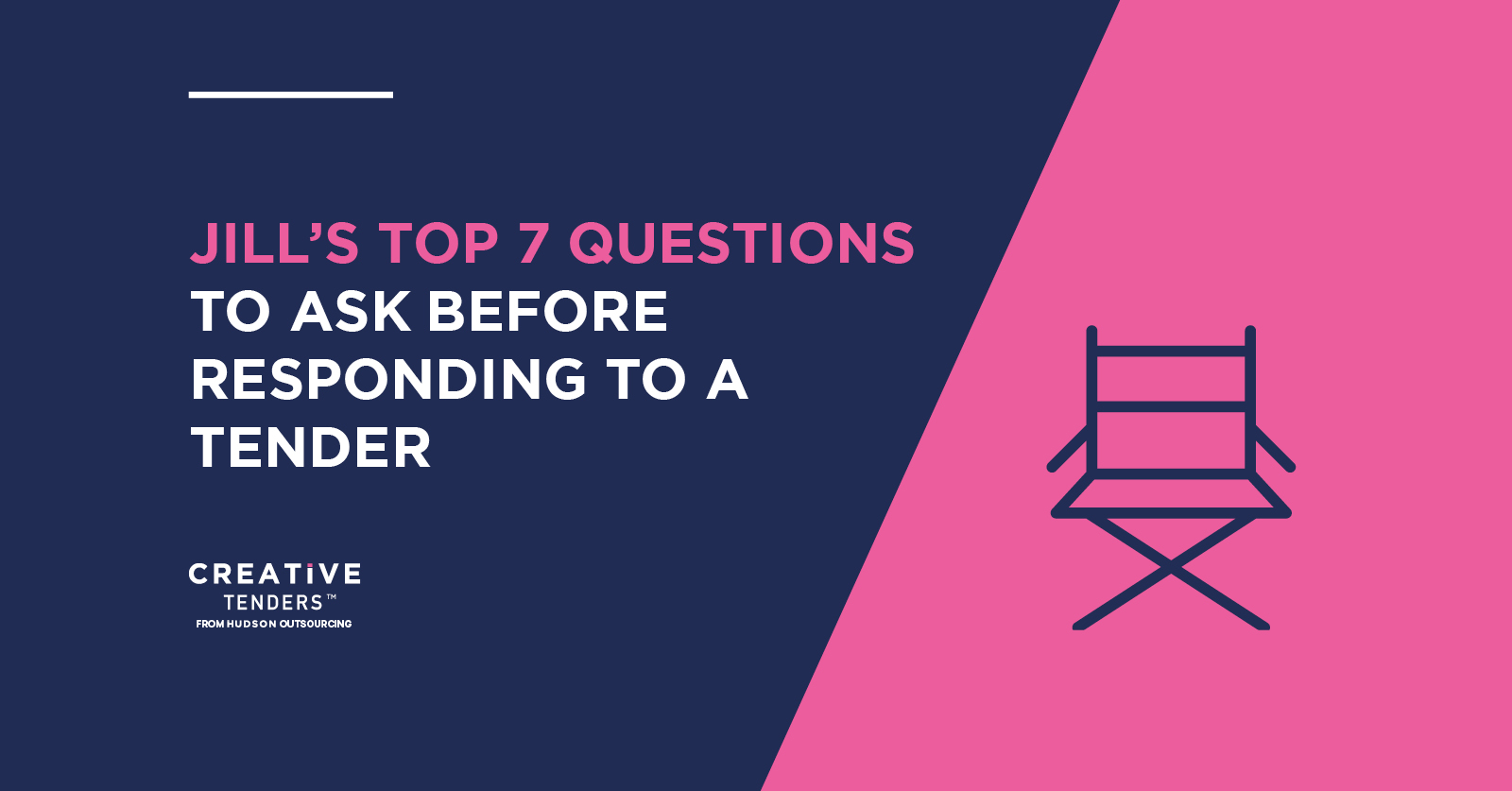Jill’s top seven questions to ask before responding to a tender
We all know the term ‘busy fools’! The term definitely comes into play when tendering for new business. Seeing all those tenders coming through, is like candy in a sweet shop. But, knowing that you could deliver the work well is one thing, on paper you have to sound great too.
The best tip we can give you is to create a Tender Checklist. This Tender Checklist will keep you on track when bidding for new work and should include a set of questions which are essential to knowing what to tender for, and what to walk away from.
Here are some sample questions that our Growth Director, Jill asks before submitting tenders on behalf of her clients.
1. Do you have 3 strong case studies from the industry you want to work in?
Most tenders require sector specific experience, and usually require a minimum of three case studies. Think carefully before submitting a response if you’re struggling to get the right level of experience from your bank of case studies.
2. Do you have a solid foundation of experience, developing systems or creating visuals that are similar to those in the Invitation to Tender?
Look at the work you’ve done in the last three years and ask yourself, ‘is it relevant to the business project?’ If it isn’t it’s unlikely you’ll be successful, as another bidding organisation will specialise in this area and will be able to produce a winning submission.
3. Is the tender more than half of your annual turnover?
It’s hard to know the cut off point for organisations when bid writing for work, but the general rule of thumb is that you are unlikely to win any projects as an SME that are more than 50% of your turnover.
4. Do you meet the terms of the tender i.e. three years required accounts?
If you’ve only been trading for 2 years but it is an essential requirement of the tender to have a minimum of 3 years. Disregard the tender and don’t give it another thought.
5.How strong is your teams experience against what they’re asking for?
Think of your current and previous experience, if the management team are strong, with a proven track record, you could have a strong chance of winning the work.
6. Can you meet the deadlines required for the project?
Think about the size of your team and the number of man hours needed to complete the work. If it looks like 100% of your team will be working on the project 100% of the time, you’re unlikely to win it, it’s too risky for the client to give you the work.
7. Is it possible to make a profit, based on the budget allocated?
Many organisations bid for work not thinking of the profit margins should they win the work. Look at the man hours needed for the project, and add 20%. If you’re still making a decent profit, go ahead and submit the response.
